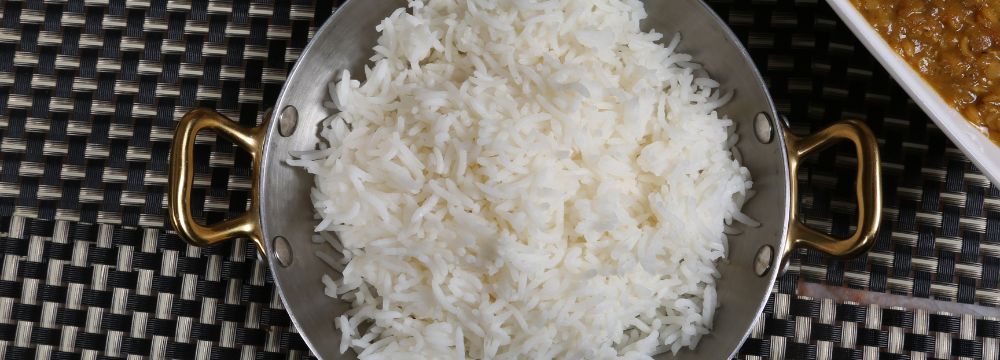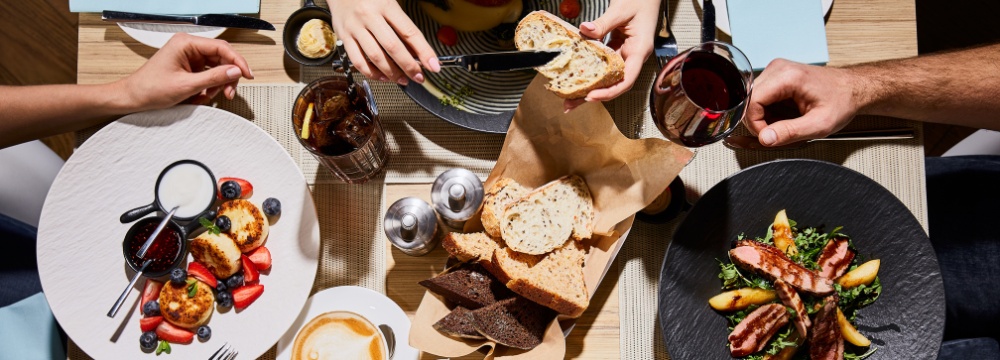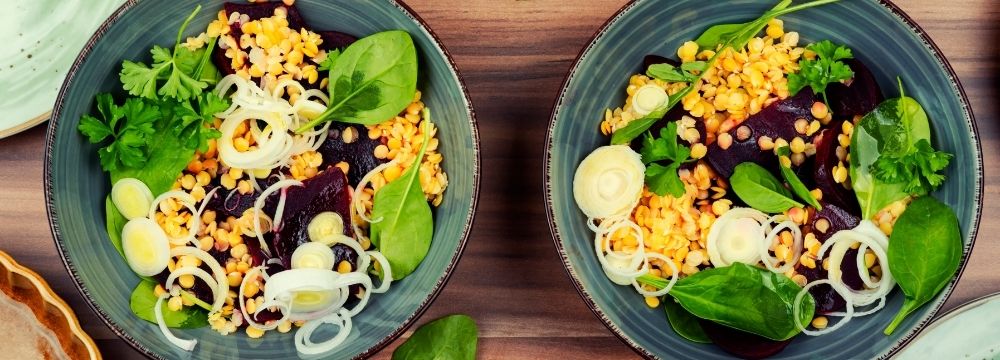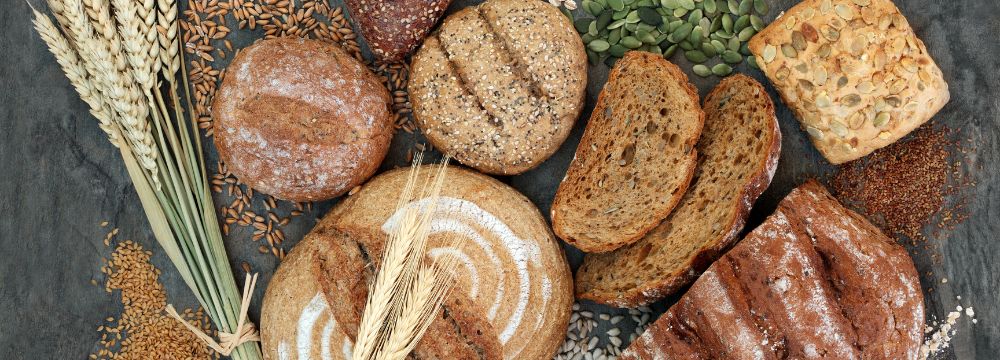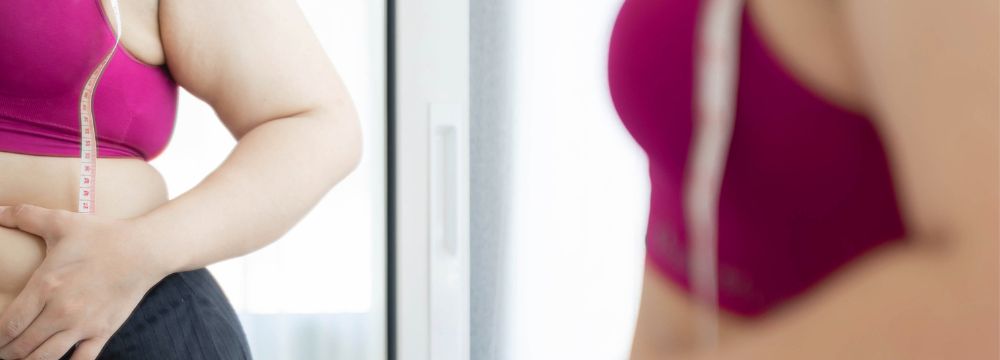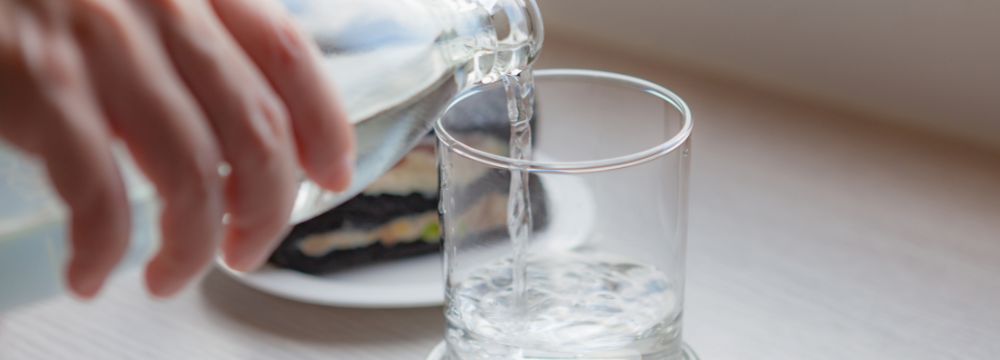Diet
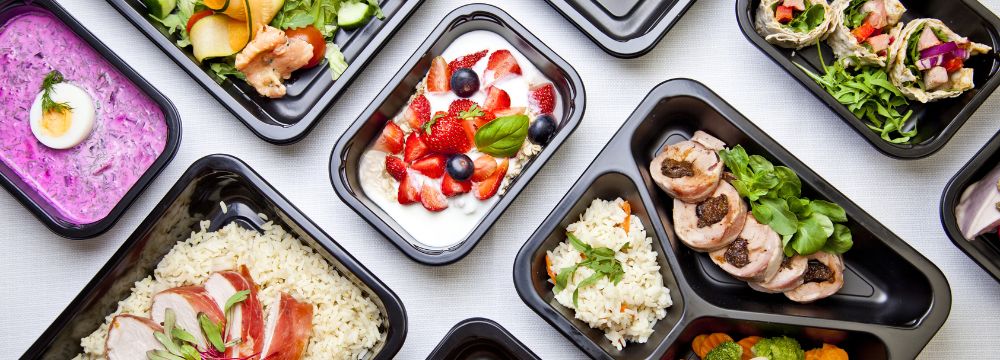
When discussing the pre- or postoperative diet, we often look at the total number of calories consumed over the day as the barometer for whether we will gain or lose weight. To some degree, this is the definitive, overarching calculation, as every 3500 calories is roughly equivalent to 1 pound. In other words, consuming an extra 3500 calories will cause 1 pound of weight gain, while running a deficit of 3500 calories will result in a pound of weight loss. However, there is far more to a calorie than we need to consider.
This is evident in many diets that most of us consider extreme. Yes, there may be a significant calorie deficit, and most patients can maintain that kind of diet for a while; however, they typically end up not being able to continue with the diet, revert to their old eating and exercise habits, and ultimately gain the weight back, sometimes adding even more.
Then there’s the “cheating” diet – a patient who eats highly caloric, high sugar foods but in very small quantities. They may limit their caloric intake, but what they’re eating does not offer the nutrition they need to stay healthy. Nor is it sustainable.
What We Eat
The composition of what we eat is as important as the number of calories consumed. For example, calories consumed from lean proteins and complex carbs are much more beneficial than those consumed from saturated fats and simple carbs.
Balance
A recent American Heart Association statement evaluated many currently popular diets. Many carb-deficient diets were ranked lowest, while heart-healthy diets that feature unsaturated fats, whole grains, and lean proteins fared the best.
The point was that we need variety in our diet, which we can get without breaking through our caloric barriers. Having that variety makes any diet far more sustainable and turns it into a lifestyle change rather than a temporary fix.
What Time We Eat
When we consume calories also makes a difference. Some of us are tempted to skip a meal or two and have larger meals to compensate. This is rarely a sustainable option for long-term weight loss, even if it may initially feel good. Instead, most bariatric patients benefit from steady caloric intake throughout the day, keeping themselves full with several small meals versus fewer larger meals. That’s not to say you can’t follow the breakfast-lunch-dinner routine, but it’s important to keep them within limits and supplement those meals with low-calorie, bariatric-friendly snacks in between.
Hydration
While we’re discussing diet and eating correctly, patients must also understand their hydration status. The old guideline of 64 ounces a day, we have found, really isn’t enough for most patients several weeks after surgery and beyond. Even a 1 or 2% hydration deficit can cause significant psychological and physical deficiencies, making it much harder to succeed in postoperative life. For most, something closer to 80 ounces a day is appropriate, and this may need to be supplemented if you work out or sweat a lot.
Ultimately, moderation and variety are the basis of bariatric surgery in every aspect of life. We do not pretend to think that you can cut out every single less-than-perfectly-healthy food. We also know that you want to enjoy your life, and regardless of your weight, food can be one source of that enjoyment. As such, we tell our patients that when they indulge – occasionally – limit the amount of food, but savor and enjoy the indulgence. The worst possible option is to overdo it and beat yourself up over having something that doesn’t strictly conform to your postop diet. Enjoying a once-in-a-while luxury can be a positive reset after weeks or months of following your diet closely.
Of course, we are always here for you and want you to tap our collective knowledge to find out what works. We also encourage you to speak to your support group buddies to understand their challenges and solutions. We know that post-bariatric life is challenging, representing a battle against regaining weight that will last the rest of your life. However, with the right focus and proper planning, you can get through it and enjoy everything your new life and lifestyle offer.

